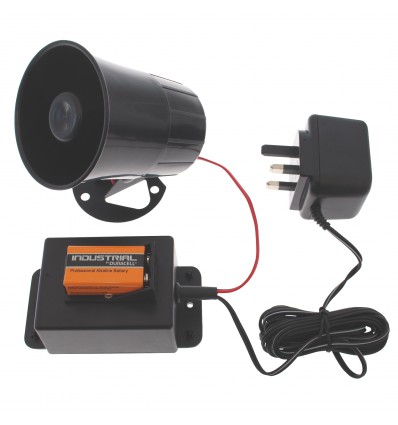Hi all,
I had to swing by a mate's mum's house last night to sort out a problem with the CU RCD tripping.
The house has a garage on the side of the property. It soon became obvious that the garage spurs off the ground floor ring.
The garage only has one double gang socket (with the florescent light spurring off it).
I traced the fault to an old freezer in the garage.
I would like to minimise the risk of anything in the garage tripping the ground floor ring in the future.
Is it possible to purchase a fused RCD spur that is able to trip faster than the RCD in the CU?
I had to swing by a mate's mum's house last night to sort out a problem with the CU RCD tripping.
The house has a garage on the side of the property. It soon became obvious that the garage spurs off the ground floor ring.
The garage only has one double gang socket (with the florescent light spurring off it).
I traced the fault to an old freezer in the garage.
I would like to minimise the risk of anything in the garage tripping the ground floor ring in the future.
Is it possible to purchase a fused RCD spur that is able to trip faster than the RCD in the CU?



